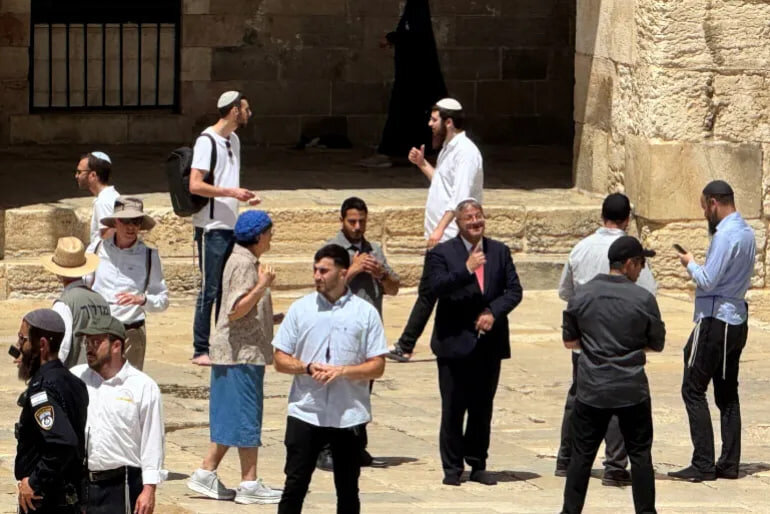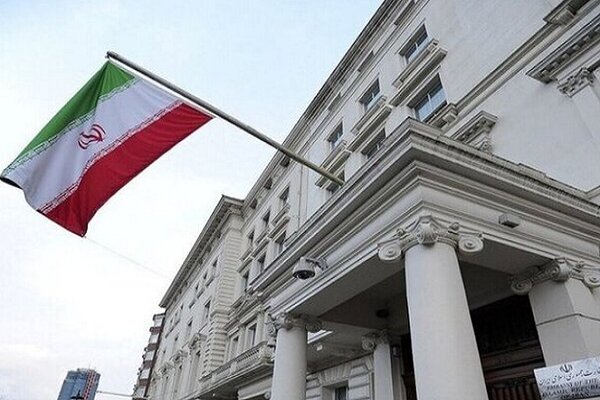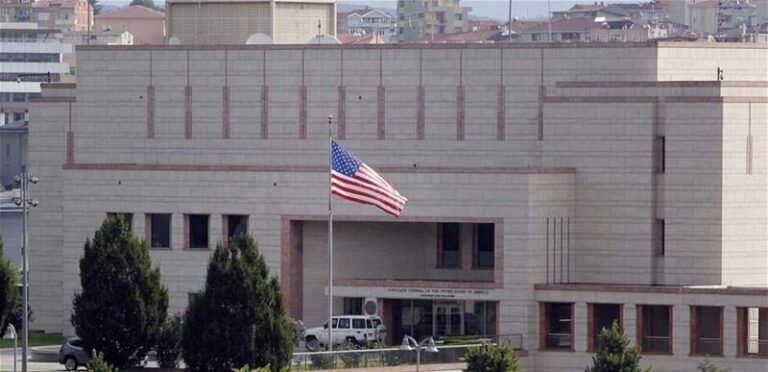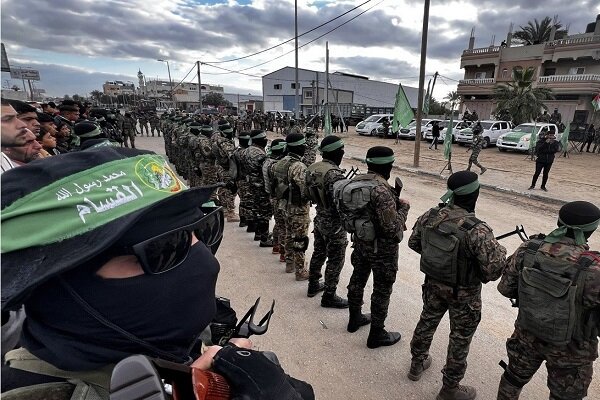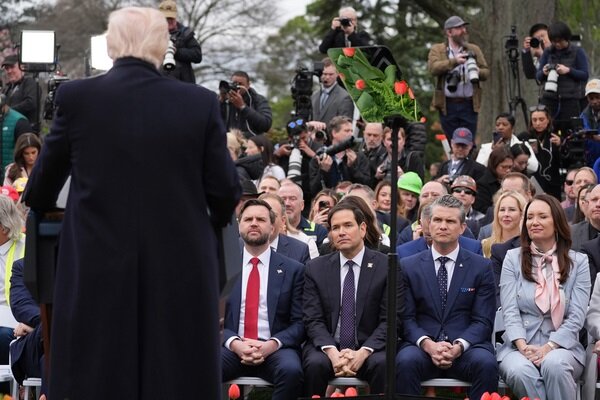Ben-Gvir and Settlers Clash at Al-Aqsa Compound: Tensions Escalate
The recent actions of Israeli National Security Minister Itamar Ben-Gvir, along with other government officials, have sparked significant outrage and condemnation from the Jordanian Foreign Ministry. The storming of a holy Muslim site has raised alarms regarding the ongoing tensions in the region, as it highlights the fragile status quo surrounding these sacred places.
In a formal statement, the Jordanian Foreign Ministry expressed deep concern over the provocations that accompanied the visit. The statement emphasized that these actions are not only provocative but also constitute a blatant violation of both historical and legal norms. It is crucial to recognize the implications of such actions, particularly in the context of Israel’s obligations as an occupying power.
Ministry spokesman Sufian Qudah articulated that the Israeli officials are attempting to “impose new facts on the ground.” This assertion underscores the fear that these provocations could lead to further escalation of tensions in an already volatile situation. The statement further described these actions as a “blatant violation of international law and international humanitarian law.”
To understand the depth of the situation, here are some key points highlighted by the Jordanian Foreign Ministry:
- Condemnation of Provocative Actions: The storming of the holy site by Israeli officials is seen as a severe provocation.
- Violation of Historical and Legal Status Quo: Such actions disrupt the established norms that govern the area.
- International Law Implications: The Ministry emphasized that these acts violate international humanitarian law.
- Jordan’s Role: Jordan, through its Awqaf Department, maintains exclusive jurisdiction over the administration of the site.
The ongoing tensions surrounding this holy Muslim site are not just about the immediate actions of Israeli officials but also reflect broader geopolitical dynamics. The Jordanian government has long been a custodian of Muslim and Christian holy sites in Jerusalem and has emphasized the importance of maintaining the status quo to prevent further destabilization.
The Jordanian Foreign Ministry’s statement serves as a reminder of the delicate balance that exists in the region. The rights and responsibilities of various stakeholders must be recognized and respected to ensure peace and stability.
Moreover, the implications of these provocations extend beyond the immediate area. The tensions could spark unrest among various communities and fuel existing conflicts in the region. It is imperative for global leaders to pay attention to these developments and work towards a resolution that respects the rights of all parties involved.
As the situation continues to evolve, it remains essential for international observers and stakeholders to advocate for dialogue and peaceful resolution. The Jordanian stance underscores the importance of respecting established agreements and international law, which are vital for maintaining peace in a historically contentious area.
In conclusion, the storming of the holy Muslim site by Israeli officials, led by Itamar Ben-Gvir, has drawn sharp criticism from the Jordanian Foreign Ministry. The concerns raised highlight the need for respect towards international laws and the historical context surrounding these sacred sites. The Jordanian government’s commitment to safeguarding these sites and upholding its legal jurisdiction is a significant aspect of the ongoing dialogue surrounding peace and stability in the region.
As discussions continue, it is essential for all parties to engage in constructive dialogue that acknowledges the complexities of the situation. The path towards resolution may be fraught with challenges, but mutual respect and understanding can pave the way for a more peaceful future.
